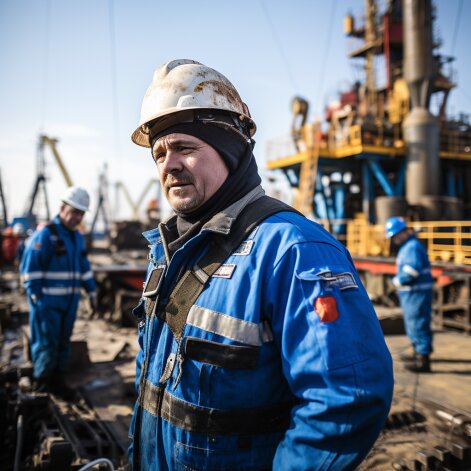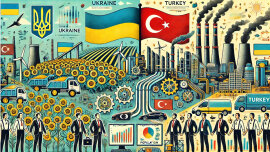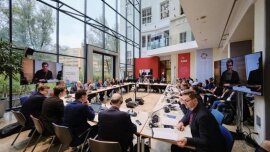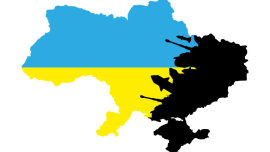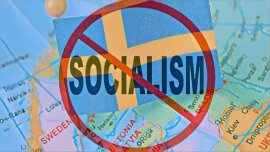The largest oil services company SLB (former name - Schlumberger) has stopped supplying products and technologies to Russian Federation. This decision was taken "in response to the ongoing expansion of international sanctions."
Importance of SLB for war financing
SLB has taken a significant place in the Russian oil and gas industries.
If we talk specifically about the Russian market of oil and gas production, then, in principle, there is a key factor of dependence on this company.
The most requested type of technical assistance for a well to produce more flow, more gas, more oil is hydraulic fracturing technology. This is the most demanded one. And about 50% of the entire market, the oil and gas industries depended on Schlumberger.
During the full-scale invasion, SLB's Russian business continued to expand, compared to pre-war figures, when Russia's share of Schlumberger sales was only 5%.
In the first half of 2022, Schlumberger's revenue from the Russian market amounted to $1.21 billion, or 6% of the company's total revenue.
Back in January, the company reported that SLB's decision to help Russia increase oil and gas production with its services and drilling equipment paid off.
Thus, SLB's Russia and Central Asia reservoir productivity division increased revenue by 25% in the third quarter of 2022 compared to the previous quarter.
This outpaced growth of 12% and 11% for the Asia and Middle East and North Africa regions, respectively.
The company also expected its Russian field development unit to deliver record results in the fourth quarter.
The company employed nearly 9,000 people in Russia, workingfor leading Russian oil and gas companies such as Gazprom, Lukoil and Rosneft.
Output under pressure
The move followed SLB's previous ban on supplies to Russia from the US, UK, European Union and Canada.
The company recalled that starting in March 2022, it took measures to reduce its activities in Russia. Since then, the company has continued to devote significant resources to ensuring compliance and exceeding various international laws.
"SLB takes its responsibility to comply with export control laws and economic sanctions extremely seriously, and the company continues to stand in solidarity with the international community in condemning the war in Ukraine and calling for it to end."
Earlier this year, it was revealed that SLB had banned its employees in Russia from accessing certain software and messaging systems, as well as walled off the division from other operations, but the company's Russian offices continued to operate.
In addition, SLB helped Russian authorities mobilize for the continuation of the war against Ukraine, facilitating the issuance of subpoenas and prohibiting those who do not want to be drafted to work remotely.
In March, the company said that while it continues to operate in Russia, it has suspended new investments in that country.
Schlumberger was one of the few suppliers that continued to work in the Russian oil sector after its invasion of Ukraine. In this regard, the National Agency for the Prevention of Corruption of Ukraine (NACP) included SLB in the list of international war sponsors.
"Trade with Russia is the financing of aggression, the killing of civilians and the destruction of peaceful cities," said the spokesman of the Ukrainian Embassy in Washington.
Therefore, we hope that further diplomatic, legal and media pressure will force hundreds of other European and American companies to leave the Russian market, which continue to finance the aggression.
